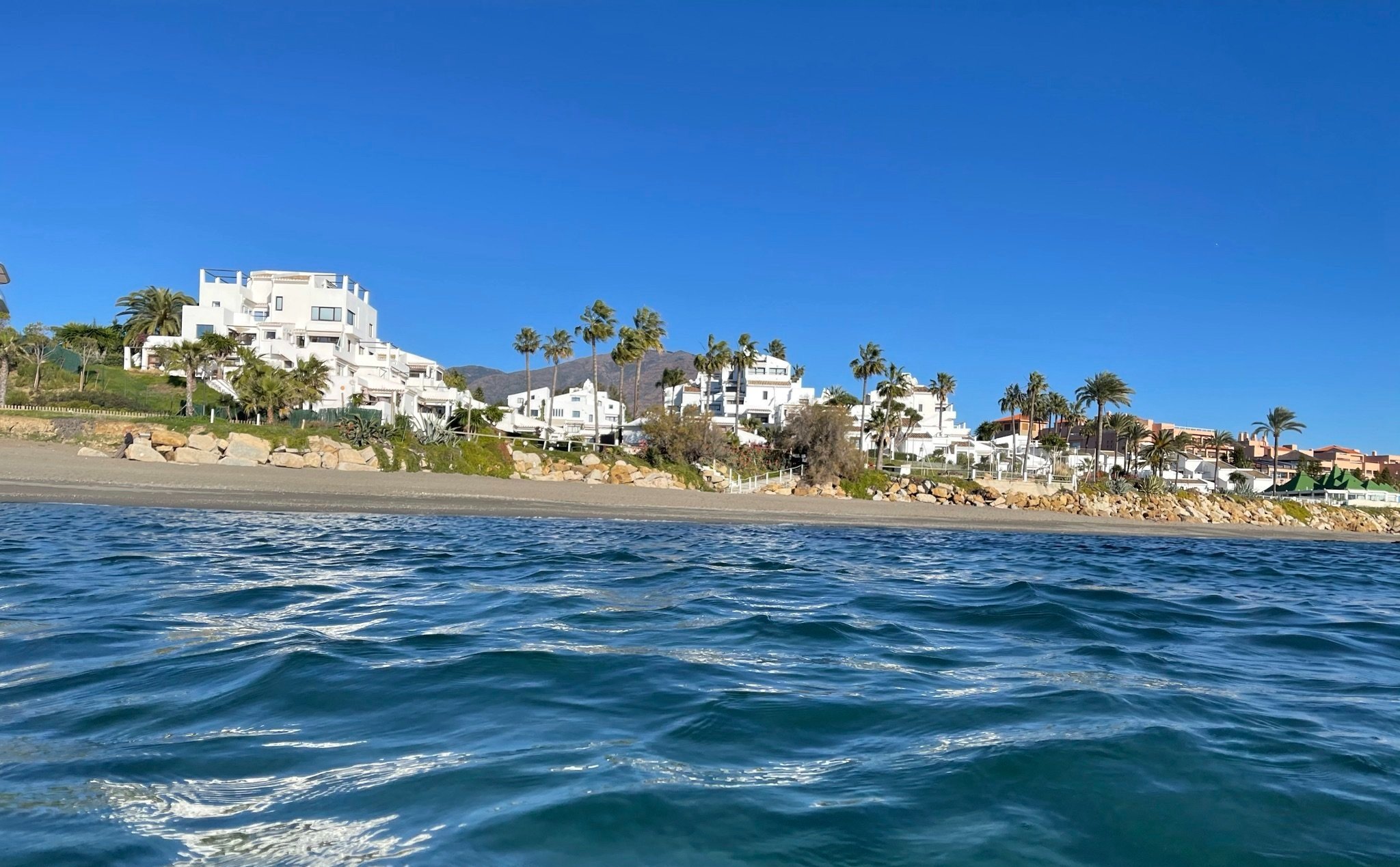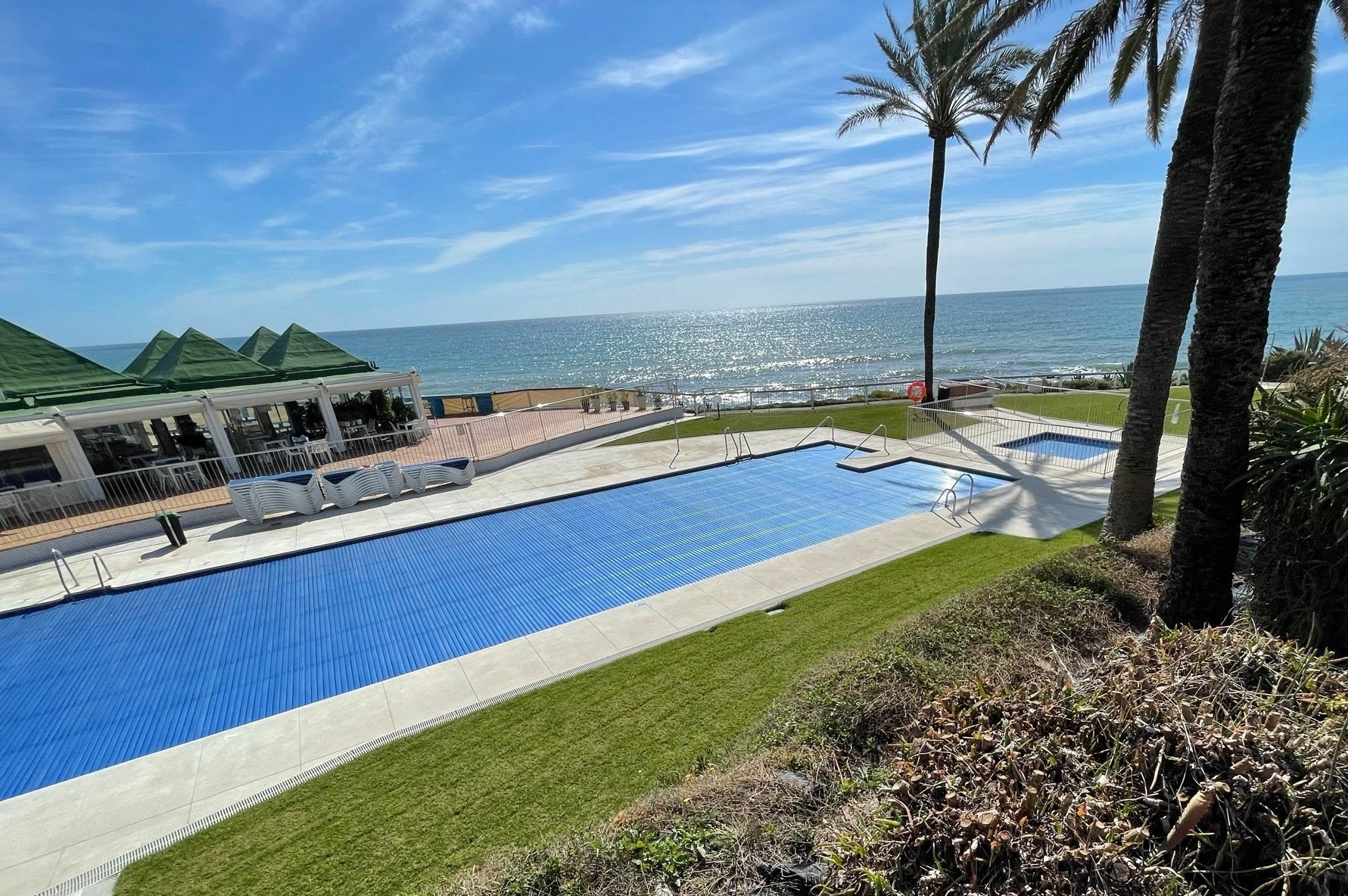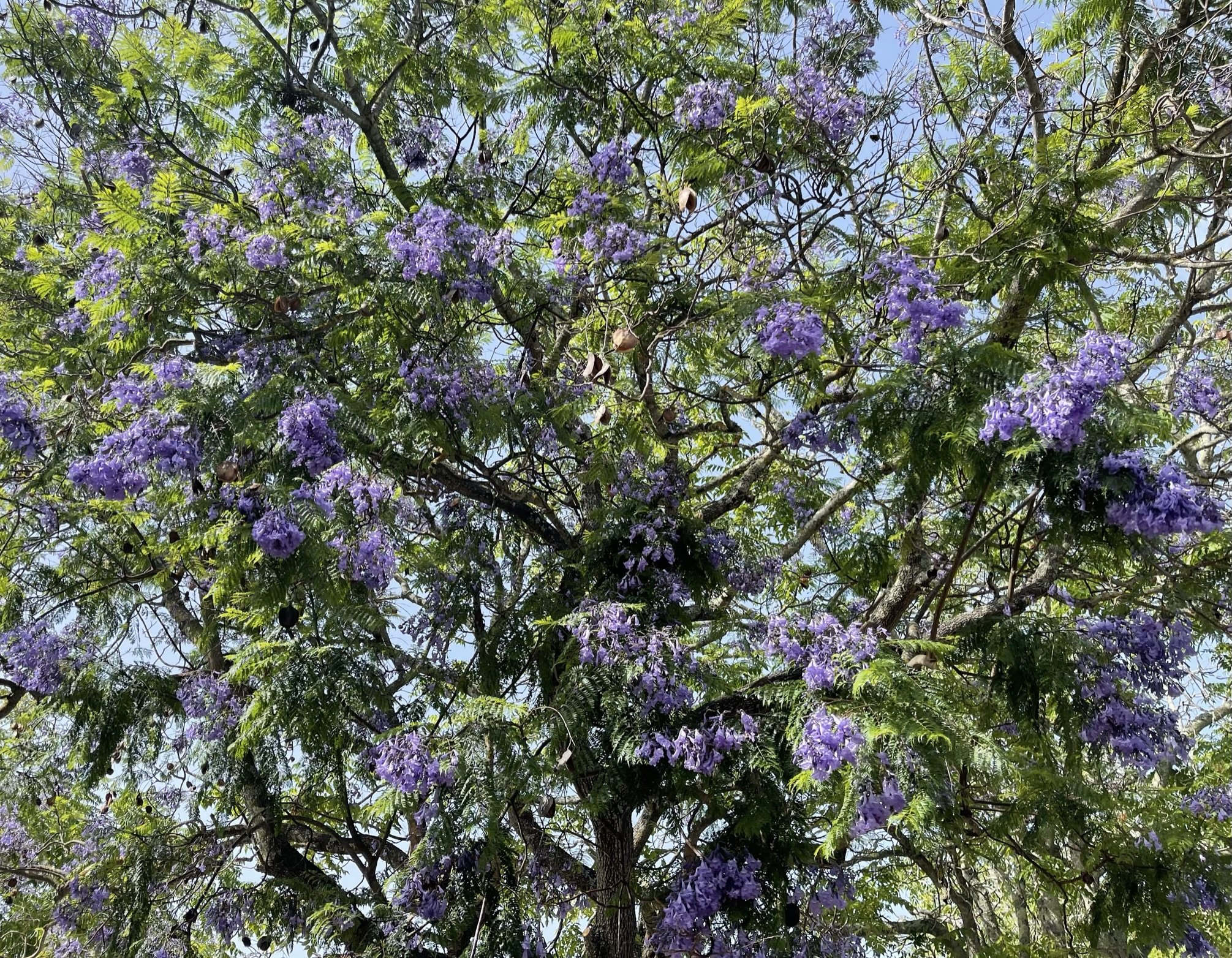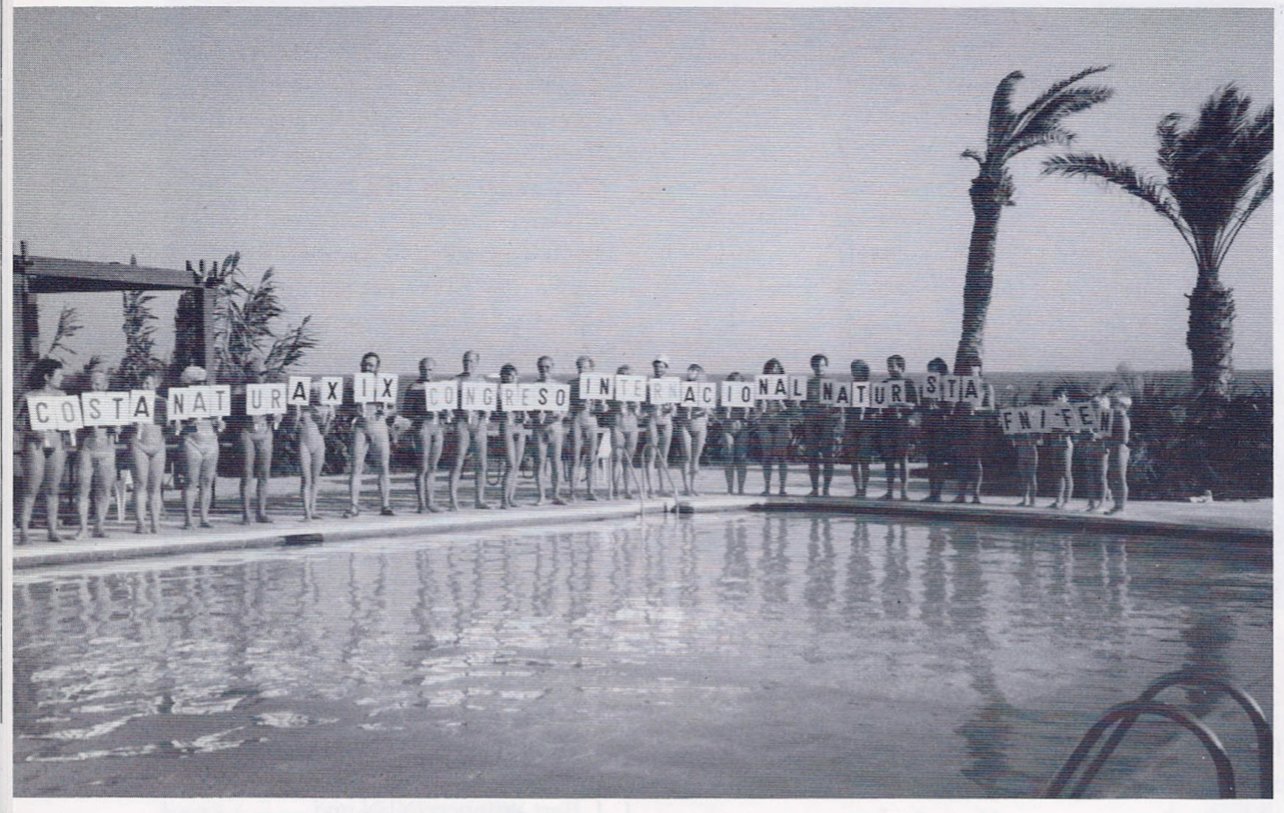
History of Costa Natura
Beginnings
During Spain’s unfortunate dictatorship by Francisco Franco, byname "El Caudillo/The Leader" (1892-1975 CE); any form communal, social nudity (even, with no sexual connotation) was contrary to the political aim of instilling fear and inferiority amongst all people except him; therefore, naturism had been prohibited. Thereafter, following the 1978 Spanish Constitution, it slowly became possible for people in Spain to work toward attitudes of mutual trust. Eventually, some kind of confidence in the social structure, and a form of respectful coexistence, had (at least) some potential to occur…
Costa Natura appears, possibly, to have been a brainchild of an aristocratic Austro-Czech ‘Count’ called Johann Heinrich Larisch von Moennich, as a naturist village on the shores of an already official and public naturist beach (inaugurated January 30, 1979). Elaborating upon architectural concepts from the formerly-naturist town (now swinger’s capital-of-the-World) of Cap d’Agde, France, it was designed by Spanish architect Tomás López Clares and it’s construction, begun by November 1979, may have been financed by a French construction company, Dumez (via a Spanish subsidiary, Naturaleza Costa del Sol SA).

"The White Villages of Andalusia have inspired the architecture of Costa Natura: houses intertwined one with the other, aged Arabic tile roofs, narrow stairs and large terraces with views of a sea bathed in the Mediterranean sun that invite you to rest. Our residencial complex is located on the beachfront within wonderful gardens full of palm trees, flowering bougainvillea and many varieties of exotic plants.”
From doctoral thesis of University of Seville, 2010, “Málaga 1930-1980 desarrollo, turismo, arquitectura. La aventura de la modernidad”, by Lourdes Royo Naranjo, p 487.
The intention was to enable a naturist lifestyle in a more southerly (and, newly-democratic) country, with weather that could make naturism a possibility at any time of year. A ‘Master Deed’ and ‘Community Statutes’ for ‘Phase 1’ were registered in Estepona on January 28, 1981; establishing it as a residential ‘Community of Homeowners’, governed by Law 49/1960, of July 21, on Horizontal Property. Sadly, however, it seems that the person who wrote those ‘Community Statutes’ had failed to understand several features of the Law of Spain. In addition, at least until 2023, that failure of understanding has never been recognised by most homeowners of Costa Natura, nor by their professional advisors.
The badly-written Community Statutes have caused recurrent problems for many people, throughout more than 40 years. For example, they mistakenly described the original development as a “Tourist Resort”, ficticiously imagined to be operated by a commercial entity with a single owner; rather than, correctly, as a community of individual homeowners, each of whose rights must be respected by all the others (as per the Spanish Constitution of 1978). Chapter III, Article 9 of those Community Statutes provides for the existence of an ‘Executive Committee’; yet, the purpose, function, powers and responsibilities of said committee are inadequately defined; thereby, enabling a recurrent pattern of autocratic rule by any deranged individual who may have managed to seize the position of ‘President’ by any means, in contradiction to usual naturist values.
A modified reprint of the Community Statutes appears to have been issued by community leaders in 1993 (which version is still circulated in 2023) including changes to Article 15 which had not been approved by owners, nor communicated to the civil registry office. In particular, whereas the original version had illegally specified that a commercial monopoly would be exercised by the original developer for the first 15 years, community leaders appear to have seized control of that monopoly (rather than relinquishing it) by manipulating text in the statutes to confer privileged commercial rights in a single entity (controlled by themselves).
Furthermore, the original development was reduced in size - from a total of more than 600 residential properties to just 196 - after 120 (of 144 envisaged) properties in phase 1 had been constructed. A total of four phases were constructed, legally designated with separate master deeds, although by reference to the same Community Statutes. In theory, this could have been an excellent method of the division of political power, but by assigning a commercial monopoly to a single entity (even if only for the first 15 years), those Community Statutes were seriously flawed from the start.
Persistent confusion and misunderstanding amongst a majority of owners appears to have permitted abuses of power by community leaders and their external collaborators. The illegal revision of the Community Statutes, promulgated since 1993, was an error of law founded upon other errors of law. Various community leaders appear to have been motivated (with premonitions of personal benefit) to seize total power, only to flounder in subsequent disgrace.

INF World Congress, 1984
From September 14-17, 1984, Costa Natura hosted the 19th World Congress of the International Naturist Federation, at the invitation of the Spanish Naturist Federation.
In a keynote speech, INF President Frans Mollaert described the international network of INF-affiliated associations and federations as “the driving force for a great movement that approaches the environment in a natural way and wants to build a free and more harmonious society”; adding, “The harmony between man and nature is not only the motto of our time, it is also a motto of our movement!" (from records of the International Naturist Federation).
International Naturist Federation 1984 World Congress (photo reproduced with kind permission of INF-FNI)
Sun-Worshiping Homeowners
Throughout the first 40+ years of its existence, Costa Natura has been described to have suffered from a variety of apparent disputes between its ‘leader of the moment’ and the original construction company; however, the evidence suggests that some of its leaders may not have been honest. Sun-worshiper homeowners - many not resident in Spain - may have facilitated the acquisition of power by several individuals who should not have been trusted.
Many longtime owners, during 2020 to 2023, have routinely claimed that only ‘Phase 1’ of the original project was ever completed, with surplus land being sold to another developer. However, legal evidence obtained from the civil registry office of Estepona in 2023 confirms that 4 phases were, in fact, constructed (allbeit that phases 2, 3 and 4 were substantially modified and reduced in size). In addition, each of those 4 phases is separately defined (for purposes of Spain’s Law of Horizontal Property) and could function semi-autonomously in accordance with Articles 24.2b and 24.3 of Law of Horizontal Property.
Sun-worship appears to have largely distracted most homeowners from meaningful or coherent community activities; from their ability to keep pace with social change; and, from having a vision for the future. A climate of naked political intrigue has manifestly, on occasions, produced an odd atmosphere of intimidation toward new homeowners: Most especially, if questions are asked; or, if enquiries are made about historical events.
A majority of the homeowners seem always to have been primarily resident in other countries; many of whom appear to consider their properties at Costa Natura to be shareholdings in a ‘tourist resort’ of which they have often delegated administrative responsibility to calculating criminals or incompetent fools. This website is an effort to encourage all owners of Costa Natura to try thinking for themselves and to recognise that they have rights and obligations to one another.
Community Activities
There appears to be scant written record of any social history of the so-called ‘community’ of Costa Natura; or, of any wider activities that it may have performed to advocate for naturist lifestyles. Pétanque is played regularly by a consistent group of people. A volleyball court exists, yet it is rarely used. Table tennis, a small library and some gym equipment are available. Swimming is possible in the sea or pool. A small sauna and hot tub exist. Sunbathing and socialising over food and drink are the most common activities. There is, evidently, potential for more: Perhaps, a little fresh creative inspiration? But first, it must experience a radical revolution in governance.


